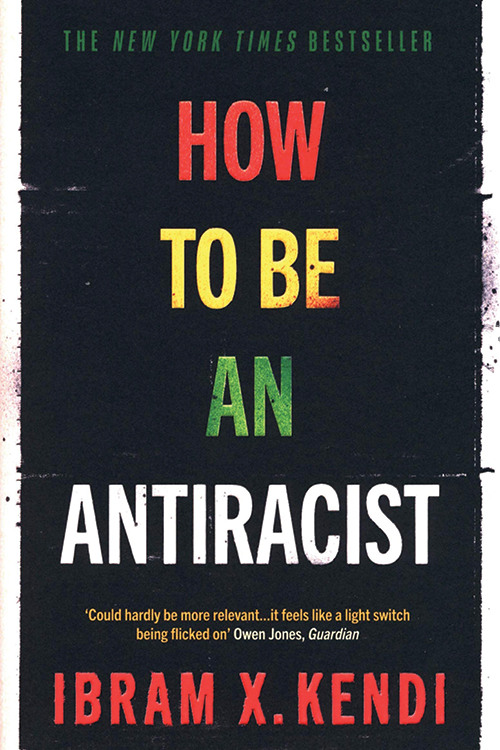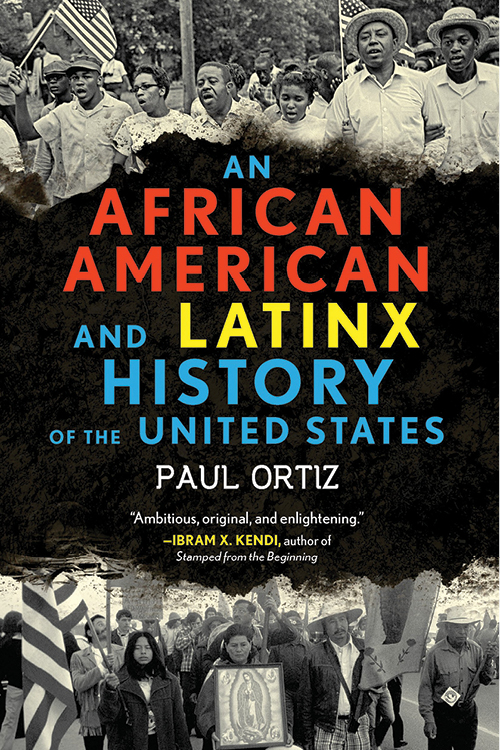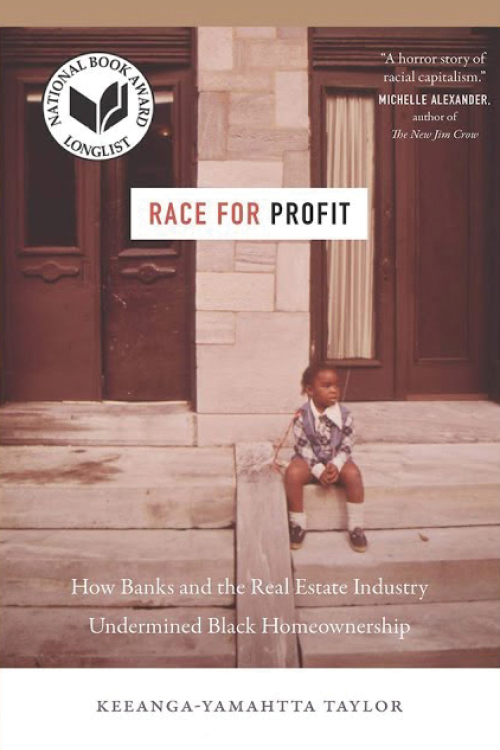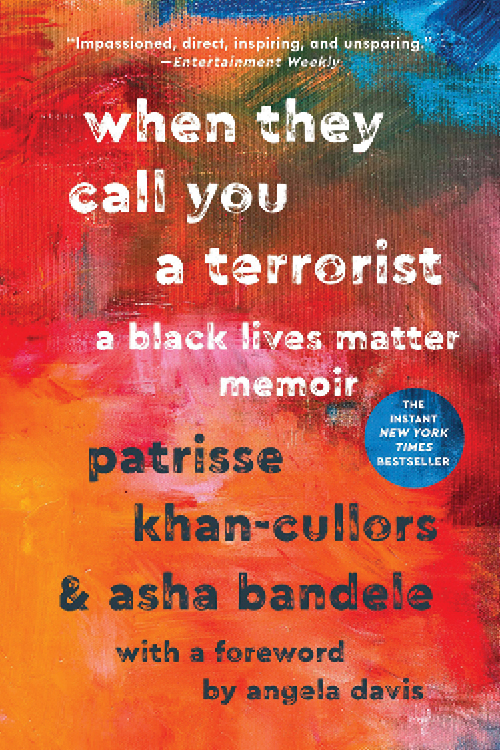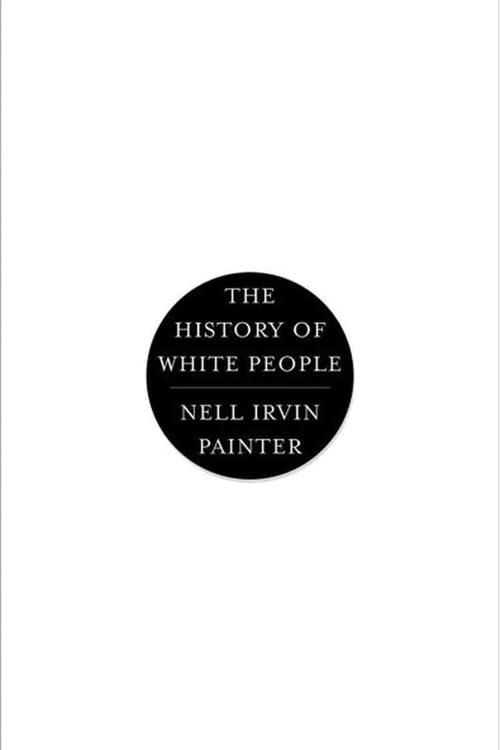by Melissa A. Hofmann
One of the initiatives of Rider’s Inclusive Excellence Plan is to facilitate “cultural competency and understanding throughout the University community." One way Rider University Libraries supports this initiative is by providing resources to further learning inside and outside of the classroom. The Libraries' Race, Racism and Antiracism Research Guide breaks down topics thematically: antiracism and general and specific aspects of racism, including the construction of race; Black Lives Matter, the Civil Rights Movement and protest; race awareness, identity and relations; white supremacy and nationalism; immigration and citizenship; and privilege and intersectionality.
The following highlighted books are a sample of the resources available through the University Libraries. Descriptions are edited publisher’s summaries.
How to Be an Antiracist by Ibram X. Kendi
Historian Ibram X. Kendi's concept of antiracism reshapes the conversation about racial justice in America, pointing toward liberating new ways of thinking about ourselves and each other. Kendi asks us to think about what an antiracist society might look like, and how we can play an active role in building it. Also see Kendi’s book Stamped from the Beginning: The Definitive History of Racist Ideas in America.
An African American and Latinx History of the United States by Paul Ortiz
An intersectional history of the shared struggle for African American and Latinx civil rights, this book argues that the "Global South" was crucial to the development of America as we know it. Scholar and activist Paul Ortiz challenges the notion of westward progress as exalted by widely taught formulations like "manifest destiny" and "Jacksonian democracy" and shows how placing African American, Latinx and Indigenous voices front and center transforms U.S. history into one of the working class organizing against imperialism.
Race for Profit: How Banks and the Real Estate Industry Undermined Black Homeownership by Keeanga-Yamahtta Taylor
Keeanga-Yamahtta Taylor chronicles the twilight of redlining and the introduction of conventional real estate practices into the Black urban market, uncovering a transition from racist exclusion to “predatory inclusion.” The book uncovers how exploitative real estate practices continued well after housing discrimination was banned.
When They Call You a Terrorist: A Black Lives Matter Memoir by Patrisse Khan-Cullors and Asha Bandele
This memoir from one of the co-founders of the Black Lives Matter movement (with Alicia Garza and Opal Tometi) is a reflection on humanity. Khan-Cullors' story asks us to remember that protest in the interest of the most vulnerable comes from love. Leaders of the Black Lives Matter movement have been called terrorists, but in truth, they are loving women whose life experiences have led them to seek justice for those victimized by the powerful.
The History of White People by Nell Irvin Painter
Since the Enlightenment, race theory and its inevitable partner racism have been used by dominant peoples to justify their domination of others. Nell Irvin Painter guides us through more than 2,000 years of Western civilization, tracing not only the invention of the idea of race but also the frequent worship of "whiteness" for economic, social, scientific and political ends.
Melissa A. Hofmann, an associate professor-librarian in Moore Library and a liaison to several departments and programs, including English and Gender & Sexuality Studies, serves on Rider's President’s Council on Inclusion.

